Knowledgebase
Kingshay's Knowledgebase - Business
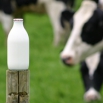
Most herds produce milk containing two types of beta casein, A1 and A2, however there is a small minority who are intolerant to the A1 protein. A2 milk is produced by co...

Agricultural waste is "any substance or object from premises used for agriculture or horticulture, which the holder discards, intends to discard or is obliged to discard....
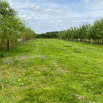
Agroforestry is increasingly being talked about as a means of helping agriculture meet net zero targets, with DEFRA planning to support farmers with the integration of tr...
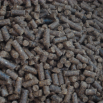
Environmental concerns surrounding the production of soya bean and palm means their use in dairy cow diets is becoming increasingly unacceptable. Some supermarkets have a...
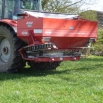
As the biggest agricultural contributor to UK ammonia emissions, dairy farmers are under increasing pressure to improve air quality. At present we are not on track to mee...
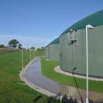
Anaerobic digesters can provide an opportunity to integrate farm cropping and manure management. They can reduce energy costs, improve farm energy sustainability and the ...
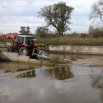
Slurries and farm yard manures represent a hugely valuable and often under utilised resource on many dairy farms. Understanding their nutrient values could help reduce re...
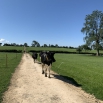
The AHWP is part of the Sustainable Farming Incentive (SFI), it can be as a stand-alone application or can sit alongside the Environmental Land Management Standards (ELMS...

The Farm Equipment and Technology Fund – Animal Health & Welfare Items (FETF) 2024. Applications opened on the 20th of March for the Animal health and welfare items and...

Biosecurity is a strategic and integrated approach to managing risk to stop the introduction or spread of harmful organisms on farm. Whilst good farm biosecurity is hard ...

Soil is the most valuable resource on your farm. However, it’s often overlooked and underappreciated. By taking the time to better understand your soil, you can adjust ...
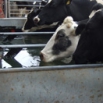
Water usage on dairy farms is considerably higher than that associated with other livestock enterprises. A typical 150 cow herd, averaging 7,500 litres of milk uses appro...
